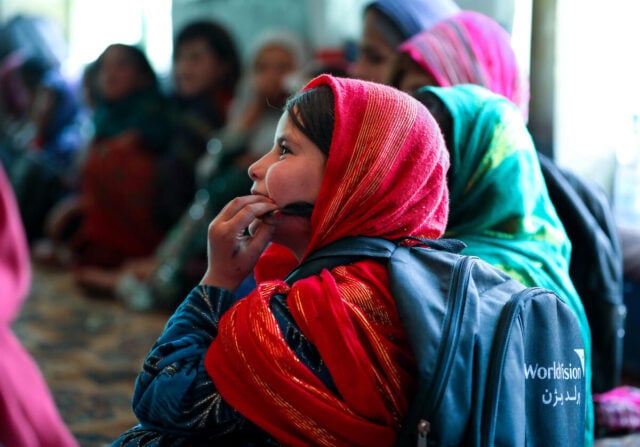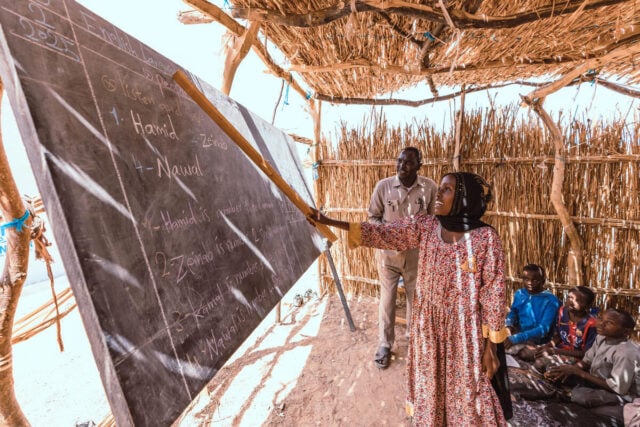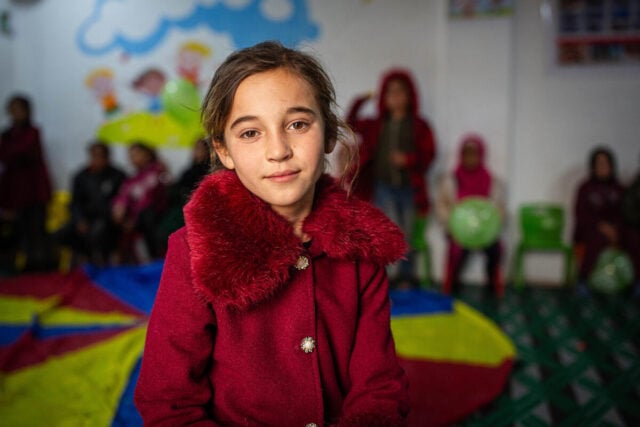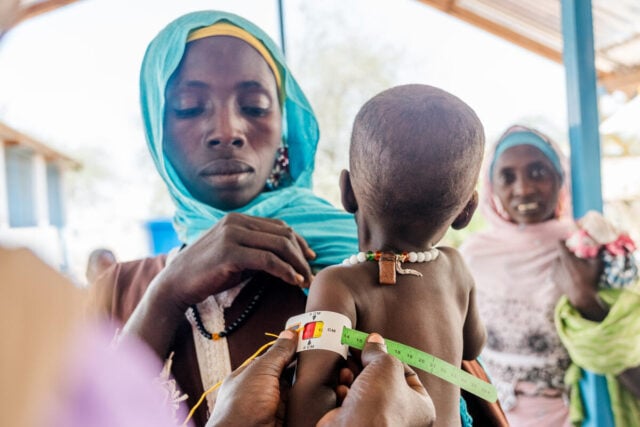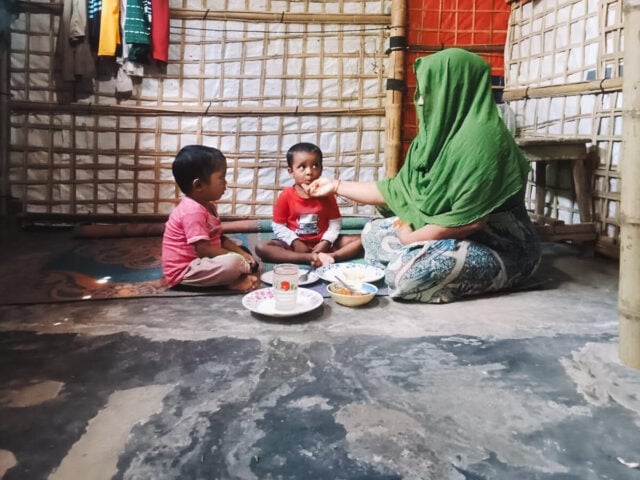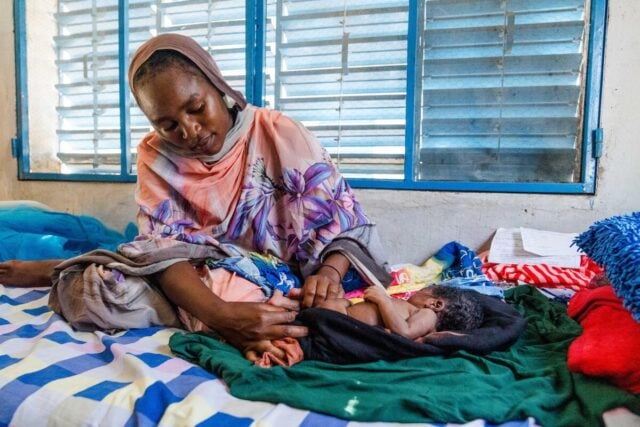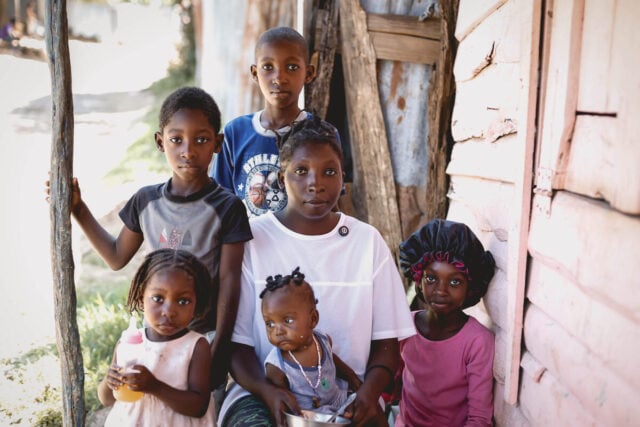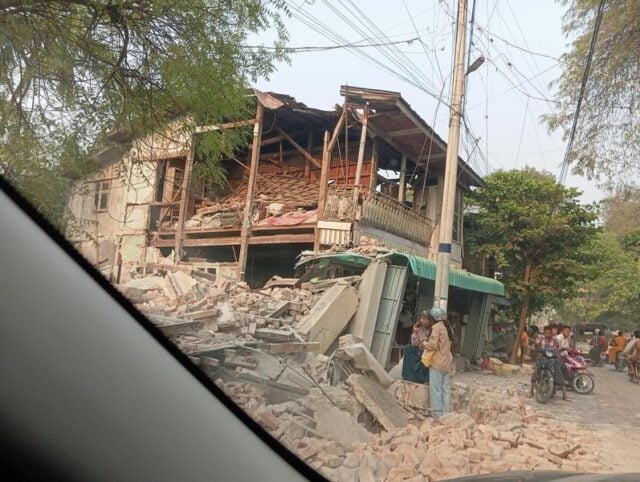Children and families in Afghanistan are facing a growing humanitarian crisis, the result of decades of conflict, chronic poverty, and natural disasters. Learn how World Vision is responding — and how you can support families caught up in the crisis.
News & Stories
Displacement
World Vision continues to help with Hurricane Helene recovery
One year later, World Vision still remains in western North Carolina to help families and businesses recover from the damage left by Hurricane Helene. Read four stories of the impact of that support.
Floods: Facts, FAQs, and how to help
In 2024, deadly floods in Afghanistan, Brazil, and Kenya have wreaked havoc on communities, destroying homes and livelihoods. These disasters have resulted in numerous fatalities, increased suffering, and heightened risks of waterborne diseases like cholera. Discover how floods affect regions worldwide, learn about their causes and effects, and find out how to support survivors.
A love for language, and a vision beyond borders
Saba, 14, studies at a school in a refugee camp far from the home she fled. Her family once lived comfortably in El Geneina, Sudan — until conflict forced them to flee to Chad with nothing but their lives. Now, Saba continues to develop her love of languages and dreams of becoming a flight engineer.
Syrian refugee crisis: Facts, FAQs, and how to help
The Syrian refugee crisis is one of the world’s largest, with approximately 16.5 million people in need of humanitarian aid in 2024, including 7.5 million children. Following an escalation of violence in northwest Syria in late November 2024, at least 1 million people have been newly displaced, the majority of whom are women and children. Hundreds of thousands more are in need of support. Learn how World Vision is supporting families in Syria amid uncertainty.
What is a refugee?
The number of refugees globally has reached 42.7 million, and their needs have never been greater, not only for the basic necessities of life, but also for hope and opportunities to be self-sufficient. Explore the challenges faced by refugees and find out more about the global refugee crisis.
Rohingya refugee crisis: Facts, FAQs, and how to help
Since 2017, nearly 1 million Rohingya people have fled Myanmar to escape violence. Now in Cox’s Bazar, Bangladesh, they live in the world’s largest refugee camp, relying on humanitarian aid to survive. More than half are children. Learn about the ongoing Rohingya refugee crisis and how World Vision is helping impacted communities.
Forced to flee: Top countries refugees are coming from
Explore the top countries where refugees are coming from, what drives forced displacement, and how you can help people affected by conflict and crisis.
Haiti crisis: Facts, FAQs, and how to help
The current situation in Haiti is dire, with escalating gang violence, sociopolitical instability, a cholera epidemic, and now the threat of Hurricane Melissa, all endangering vulnerable populations. Learn more about the situation that is affecting millions of people in Haiti and how World Vision is responding to the crises.
Myanmar earthquake: Facts, FAQs, and how to help
A powerful 7.7 magnitude earthquake struck central Myanmar near Mandalay on March 28, 2025, causing widespread destruction and casualties in both Myanmar and neighboring Thailand. Learn how World Vision is responding.
